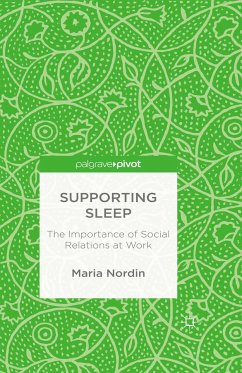Low-Cost Approaches to Promote Physical and Mental Health addresses both sides of this shortfall by offering either self-administered or easily administered verbal and non-verbal interventions designed to promote positive health behaviors while requiring little or no outside funding. Editor Luciano L'Abate continues his long tradition of prolific innovations by identifying major changes in today's health care systems and explaining how targeted, prescriptive promotion/prevention strategies can enhance traditional primary, secondary, and tertiary interventions in key behavioral and relational areas:
-Nutrition: weight/obesity control, diets, meal planning, vitamins and minerals, herbal supplements.
-Exercise, expressive movement, relaxation, meditation, and mindfulness.
-Writing for mental health promotion, from structured protocols/workbooks to less structured focused, expressive, and guided writing, including diaries and autobiographies.
-Sex, sexuality, affection, intimacy and fear of intimacy.
-Mother/child bonding as well as couple and family togetherness.
-Spirituality and forgiveness in dealing with inevitable life hurts and disappointments.
-Friendships and support groups
-Plus leading-edge interventions, including emotional intelligence,animal companionship, and computer technology
Reviews of each promotional approach are engaging, effective, and consistent with standard psychological practice for lasting results, either away from or in addition to non-clinical and clinical settings (schools, hospitals, senior citizen centers, etc.). L'Abate and his fifty colleagues have designed a future-oriented sourcebook for mental and public health professionals who want to maximize their resources-and those of their participants.
Dieser Download kann aus rechtlichen Gründen nur mit Rechnungsadresse in A, B, BG, CY, CZ, D, DK, EW, E, FIN, F, GR, HR, H, IRL, I, LT, L, LR, M, NL, PL, P, R, S, SLO, SK ausgeliefert werden.









